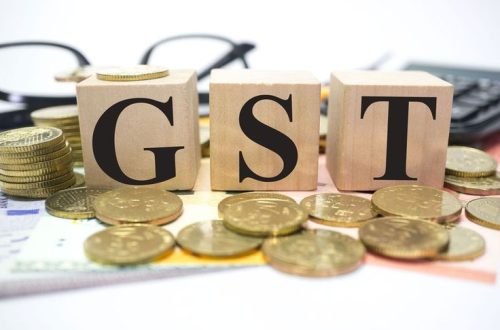SC Greenlights Rectification of GST Errors Post-Deadline
In a landmark ruling in CBIC vs. Aberdare Technologies Pvt. Ltd. (2025-TIOL-16-SC-GST), the Supreme Court upheld the Bombay High Court’s verdict allowing correction of bonafide GST return errors beyond the statutory deadline.
🔹 Background:
Aberdare filed its returns on time but later found clerical errors. Due to Section 39(9)’s deadline (Nov 30 of following FY), authorities rejected the correction request. The company approached the Bombay High Court.
🔹 Bombay HC View:
Justice must trump procedure. If no revenue loss is involved, denying rectification is arbitrary—especially due to technical limitations.
🔹 SC Verdict:
Dismissing CBIC’s SLP, the SC said:
- Human errors are natural and deserve fair treatment.
- Denial of ITC leads to double taxation.
- Software limits cannot restrict legal rights.
It overruled precedents like Bar Code India and Yokohama India as “not good law”.
🔹 Binding Precedent:
Under Kunhayammed v. Kerala, even an SLP dismissal with reasons creates binding law under Article 141.
🔹 Conclusion:
This judgment reinforces a taxpayer-friendly approach, ensuring fairness over rigid compliance.
You can read the full article here: https://taxindiaonline.com/news/guest_column/details?id=50869
A copy of the article is also attached for your convenience.
(The author is a practicing advocate, Co-Founder and Legal Head of RB LawCorp.
He specializes in GST law. Suggestions or queries can be directed to
ashsharma@rblawcorp.in. The views expressed in this article are strictly
personal.)




